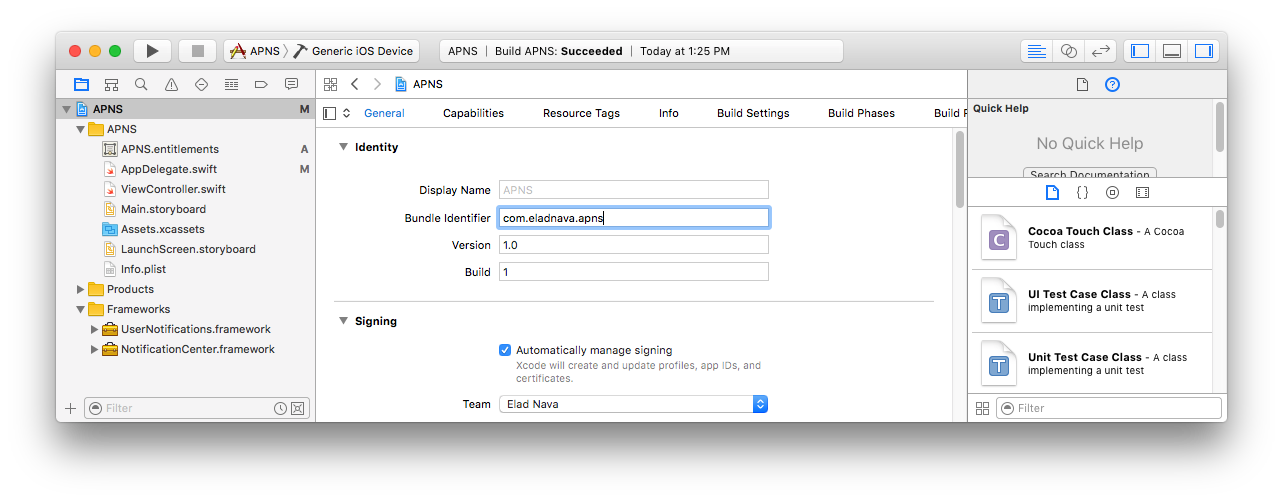Compiler Options in Xcode - GCC or LLVM? Mar 21, 2011 5 minute read Chances are if you are using Xcode 3 and you haven’t played with the build settings for a project that you are still using the, GCC. Apple is slowly phasing out support for GCC and moving to new compiler technologies based on the Low Level Virtual Machine (LLVM) open source project. The LLVM based tools are available (with some differences) to both Xcode 3 and 4 so you do not have to wait until you migrate to Xcode 4 to start taking advantage of it.
The LLVM Project The LLVM project is an open source collection of tools (see for the full list) that build on a core set of libraries that provide an optimizer and code generator. Other tools in the LLVM project include the Clang frontend parser and the LLDB debugger. Xcode 4 exploits this modular approach to provide features such as improved syntax highlighting and to suggest fixes to common coding errors.
Xcode isn't doing anythring wrong. In any C++ program, the current directory is just wherever the current directory happens to be.

As of writing GCC remains the default compiler for Xcode 3 but with the release of Xcode 4 the default compiler for new projects has changed to LLVM-GCC. In this post I’ll take a look at the options for both Xcode 3 and 4. Compiler Options in Xcode You can set the compiler you want to use in Xcode in the build settings for a project or target The compiler options vary slightly between Xcode 3 and 4 as shown below: • Xcode 3 Compiler Verisons • Xcode 4 Compiler Versions There are really three compiler options depending on whether you want to stick with GCC, switch to LLVM or use a hybrid approach for backward compatibility. I am ignoring the GCC 4.0 option as that is now deprecated and is not even present in Xcode 4. The diagram below shows the differences between the three options: The implications for each of these options varies a little depending on whether you are using Xcode 3 or Xcode 4 and also whether you are targeting iOS or Mac OS X. Legacy GCC support (GCC 4.2) If you need to stick with GCC 4.2 you can but Apple has stated that they are no longer fixing bugs in GCC so this is not a long term option.
GCC 4.2 is the default compiler for Xcode 3 and for now remains an option in Xcode 4. LLVM-GCC 4.2 This hybrid option uses LLVM as an optimizer and code generator plug-in to the GCC front end parser. This is now the default compiler in Xcode 4 for new projects but you can also choose it for Xcode 3 projects.
The main reason to switch to LLVM-GCC is that it offers both performance gains and faster build times. The improvements to build times though are limited since this option still uses the GCC frontend parser and for debug builds (which are probably what you are building most often) it does not make use of the optimizer. LLVM compiler This option makes full of use of the LLVM toolset. It uses the Clang frontend and LLVM backend optimizer and code generator. Apple claims that the Clang parser is 3x faster than GCC for debug builds whilst maintaining compatibility with GCC. However the advantage of using Clang is about much more than just speed.

 0 kommentar(er)
0 kommentar(er)
